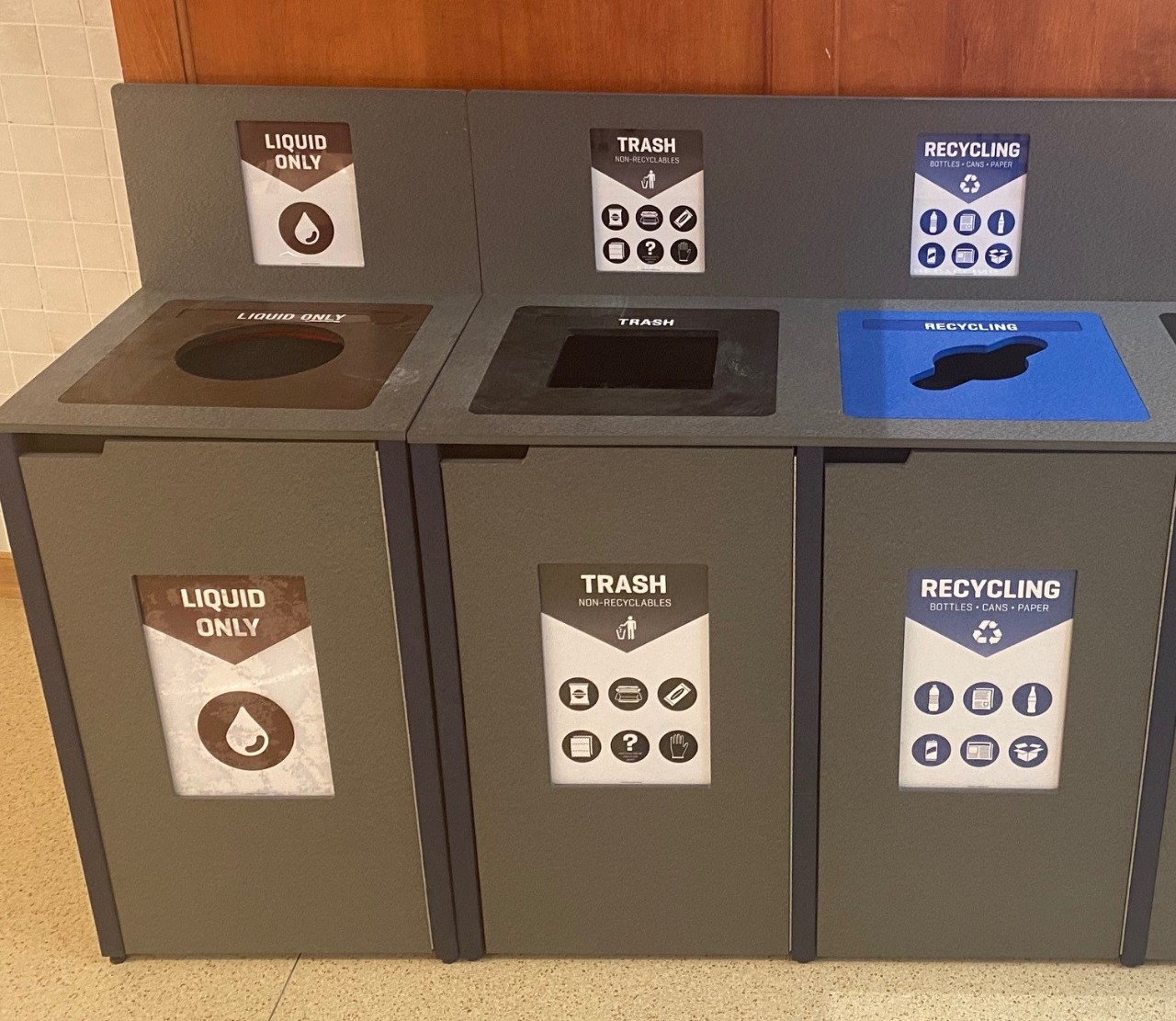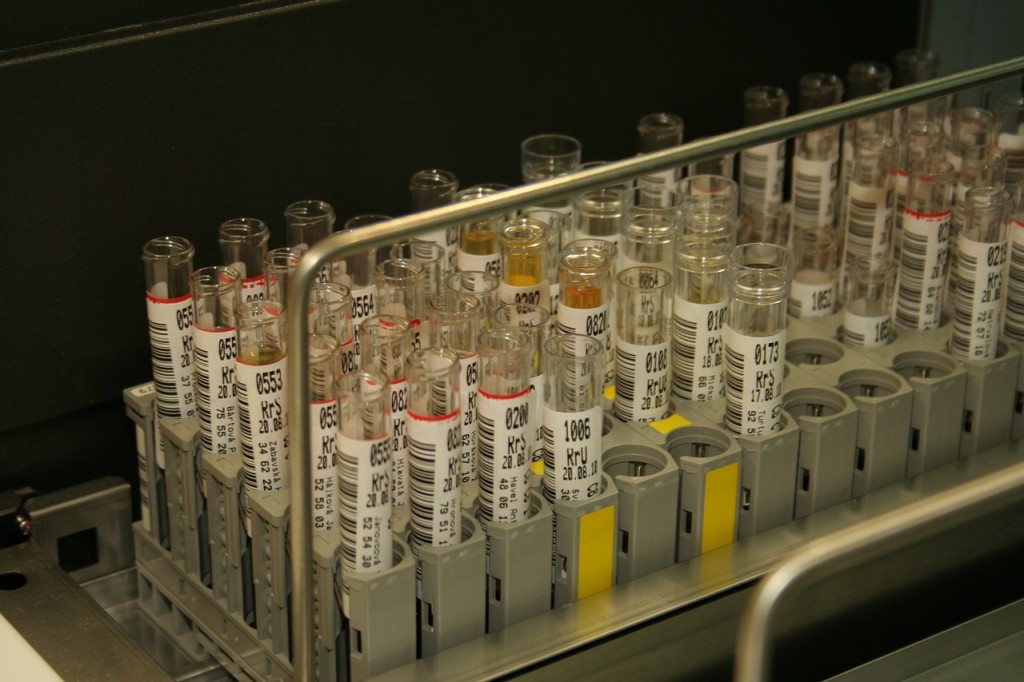Comprehensive Liquid Waste Disposal: Solutions for Houses and Organizations
Comprehensive Liquid Waste Disposal: Solutions for Houses and Organizations
Blog Article
Just How Liquid Waste Disposal Works: A Comprehensive Overview of Techniques and Technologies Used

Summary of Liquid Waste Kind
The complexity of liquid waste types demands a comprehensive understanding of their qualities and ramifications for disposal. Liquid waste can extensively be classified right into numerous kinds, consisting of commercial, community, agricultural, and harmful waste. Each group exhibits unique residential or commercial properties, needing details management methods to alleviate ecological and health dangers.
Industrial liquid waste originates from making processes and often consists of a variety of contaminants, such as heavy metals, solvents, and organic substances. Metropolitan fluid waste, primarily making up wastewater from families and industrial establishments, consists of raw material, nutrients, and microorganisms (industrial wastewater treatment). Agricultural liquid waste, including overflow from ranches, may have plant foods, chemicals, and animal waste, posing risks to water high quality and ecosystems
Harmful liquid waste is identified by its toxicity, reactivity, or potential to create injury. Understanding these varied fluid waste kinds is essential for creating efficient disposal techniques and making sure conformity with ecological policies.
Physical Therapy Approaches

Screening is the initial step, where larger fragments and debris are removed from the liquid waste using displays or grates. In sedimentation storage tanks, larger fragments resolve at the base, developing a sludge layer, while the made clear fluid can be more dealt with.
Purification is one more important method that includes passing the liquid with porous materials, such as sand or membranes, to record smaller particles. This action boosts the high quality of the fluid, making it suitable for succeeding therapy processes.

Chemical Therapy Techniques
Chemical therapy strategies are crucial for successfully taking care of fluid waste, specifically in dealing with dissolved and colloidal impurities that physical methods may not effectively eliminate. These methods make use of numerous chemical representatives to neutralize, speed up, or change hazardous compounds right into less unsafe kinds.
One typical method is coagulation and flocculation, where chemicals such as alum or ferric chloride are contributed to promote the aggregation of suspended bits. This process improves sedimentation, enabling much easier removal of the resulting sludge. Additionally, oxidation procedures, using agents like chlorine or ozone, are used to damage down complicated organic substances and virus, providing the waste more secure for discharge or more treatment.
Neutralization is an additional crucial method, which adjusts the pH of acidic or alkaline waste streams to neutral degrees, stopping prospective damage to downstream systems and the environment. Moreover, progressed oxidation procedures (AOPs) utilize combinations of oxidants and ultraviolet light to degrade consistent contaminants, attaining a greater degree of treatment performance.
Organic Treatment Procedures
Organic therapy processes play an essential function in the monitoring of liquid waste by making use of microbes to decay raw material and reduce contaminant levels. These procedures can be broadly categorized right into anaerobic and cardio therapies, each employing certain microbial neighborhoods to accomplish efficient waste degradation.
Cardio therapy entails making use of oxygen to assist in the failure of natural materials by microorganisms. This process is commonly implemented in turned on sludge systems, where aeration storage tanks give a conducive setting for microbial development, causing the oxidation of organic contaminants. The resultant biomass can be separated from dealt with effluent through sedimentation.
On the other hand, anaerobic therapy this article happens in the absence of oxygen, counting on different germs to damage down organic matter. This method is specifically helpful for high-strength waste, as it produces biogas, a sustainable energy resource, while reducing sludge production. Technologies such as anaerobic digesters are frequently utilized in municipal and commercial applications.
Both cardio and anaerobic biological therapies not just reduce the ecological influence of liquid waste yet additionally facilitate resource recuperation, making them vital components of lasting waste administration techniques. Their performance, browse around here performance, and adaptability support their prevalent implementation throughout numerous industries.
Arising Technologies in Disposal
Innovative strategies to liquid garbage disposal are swiftly developing, driven by advancements in technology and a boosting emphasis on sustainability. Amongst these arising modern technologies, membrane bioreactors (MBRs) have actually gotten traction for their ability to incorporate organic therapy with membrane layer purification, leading to top notch effluent that can be recycled in different applications. MBRs enable smaller sized footprints and extra reliable operations contrasted to typical systems.
An additional appealing advancement is using anaerobic digestion incorporated with nutrient recovery modern technologies, which not just treats fluid waste but likewise creates biogas and recuperates important nutrients like nitrogen and phosphorus. This twin advantage improves source efficiency and decreases environmental effect.
Furthermore, advanced oxidation processes (AOPs) are being embraced for the destruction of intricate organic pollutants. These approaches utilize powerful oxidants and catalysts to damage down contaminants at the molecular degree, using a highly efficient remedy for difficult waste streams.
In addition, the integration of synthetic knowledge and equipment discovering in waste monitoring systems is enhancing operational effectiveness and predictive upkeep, leading to decreased prices and enhanced ecological conformity. These technologies show a considerable shift towards more effective and sustainable liquid garbage disposal practices.
Verdict
In verdict, effective fluid waste disposal requires a detailed understanding of numerous methods and technologies. By continuously progressing these techniques, it becomes possible to address the growing difficulties linked with fluid waste, ultimately adding to ecological protection and resource healing.
Fluid waste disposal is a crucial element of ecological administration, calling for a thorough understanding of different strategies and technologies customized to different waste types. Fluid waste can extensively be classified into a number of types, consisting of industrial, local, agricultural, and hazardous waste. Agricultural fluid waste, including overflow from farms, may consist of plant foods, pesticides, and animal waste, posturing threats to water high quality and ecosystems.
Different physical treatment approaches play a critical role in handling liquid waste effectively - industrial wastewater treatment.In verdict, efficient original site liquid waste disposal necessitates a comprehensive understanding of various strategies and modern technologies
Report this page